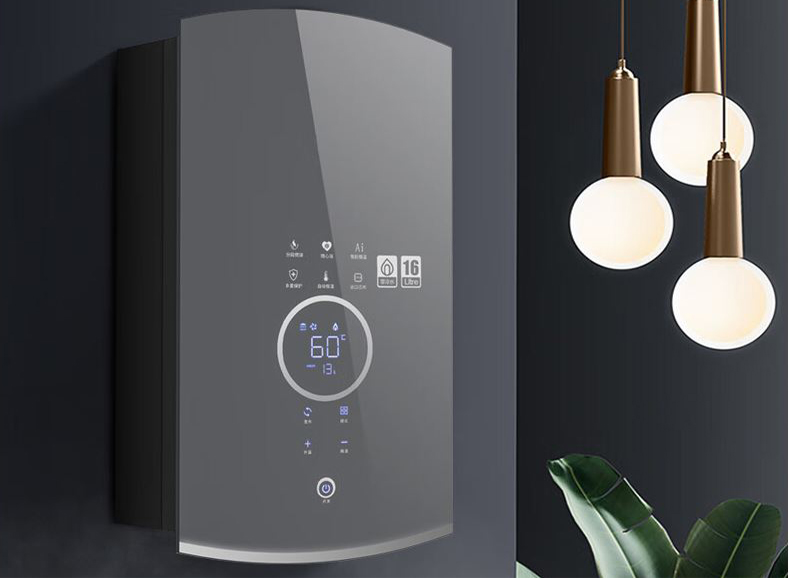Contact Me: howtopbestinfo@gmail.com
Contact Me: howtopbestinfo@gmail.com

A tankless water heater is a relatively new technology in the home-heating industry that provides hot water on demand. Unlike its conventional counterparts, which store heated water in large tanks and continually reheat it throughout the day, this type of system only heats up when you turn on your faucets or showerheads.
This makes them much more efficient than traditional units as they don’t waste energy keeping unneeded amounts of warm/hot stored away for later use; instead they heat just what you need at any given time.
As such, these systems are able to save homeowners an average of 20%-30% off their annual electric bills compared to standard models – making installation instantly worth both financially and environmentally speaking!
Tankless systems also provide a number of additional benefits including no standby losses (the wasted heating power associated with storing pre-warmed water) due to using less electricity during operation; unlimited access to hot showers without having cold spots from running out quickly like old tanks can have & virtually endless supply since there's not limit imposed by size constraints - plus many other advantages too numerous mention here!
Additionally because there isn't huge metal container taking up space inside homes anymore either - so users get back valuable square footage previously.
Tankless water heaters, also known as on-demand or instant hot water systems, have been around since the 1920s. Initially invented in Japan and Germany to help conserve energy resources during World War II, tankless water heater technology has evolved into a popular appliance found in many homes today.
Unlike traditional storage tanks which use an electrical element to continuously keep large amounts of stored hot water heated regardless of usage level; Tankless Water Heaters work by heating cold incoming mains supply when it's needed only.
This is saving both money (in terms electricity costs) and space compared with conventional models that need additional room for storing. This is achieved using either gas burners or electric elements depending upon your model type you choose from manufacturers like Rinnai & Bosch etc..
In recent years more people are becoming aware just how much can be saved through better insulation but at same time reducing their carbon footprint too by switching over from old style Storage Tanks onto modern On Demand / Instant Hot Water Systems plus added advantage being able to get almost unlimited amount whenever its required without waiting times associated usually seen when dealing with older equipment types available out there nowadays.
To sum up, a tankless-water-heater is an excellent choice for anyone seeking to invest in their home and upgrade the current water system. Not only does it provide endless hot water with no wait time but also saves money by not having to pay additional energy costs associated with keeping a large storage tank of heated water constantly ready for use. With its compact size, easy installation process, low maintenance needs and improved safety features over traditional models; this type of heater is ideal for any homeowner looking to take advantage of modern technology that will enhance both comfort levels as well as pocketbooks!


Etiam porta sem malesuada magna mollis euismod. Cras mattis consectetur purus sit amet fermentum. Aenean lacinia bibendum nulla sed consectetur.
2045-02-00 00:00:00.000000
2045-02-04 00:00:00.000000
2045-02-06 00:00:00.000000
2045-02-07 00:00:00.000000
2045-02-09 00:00:00.000000